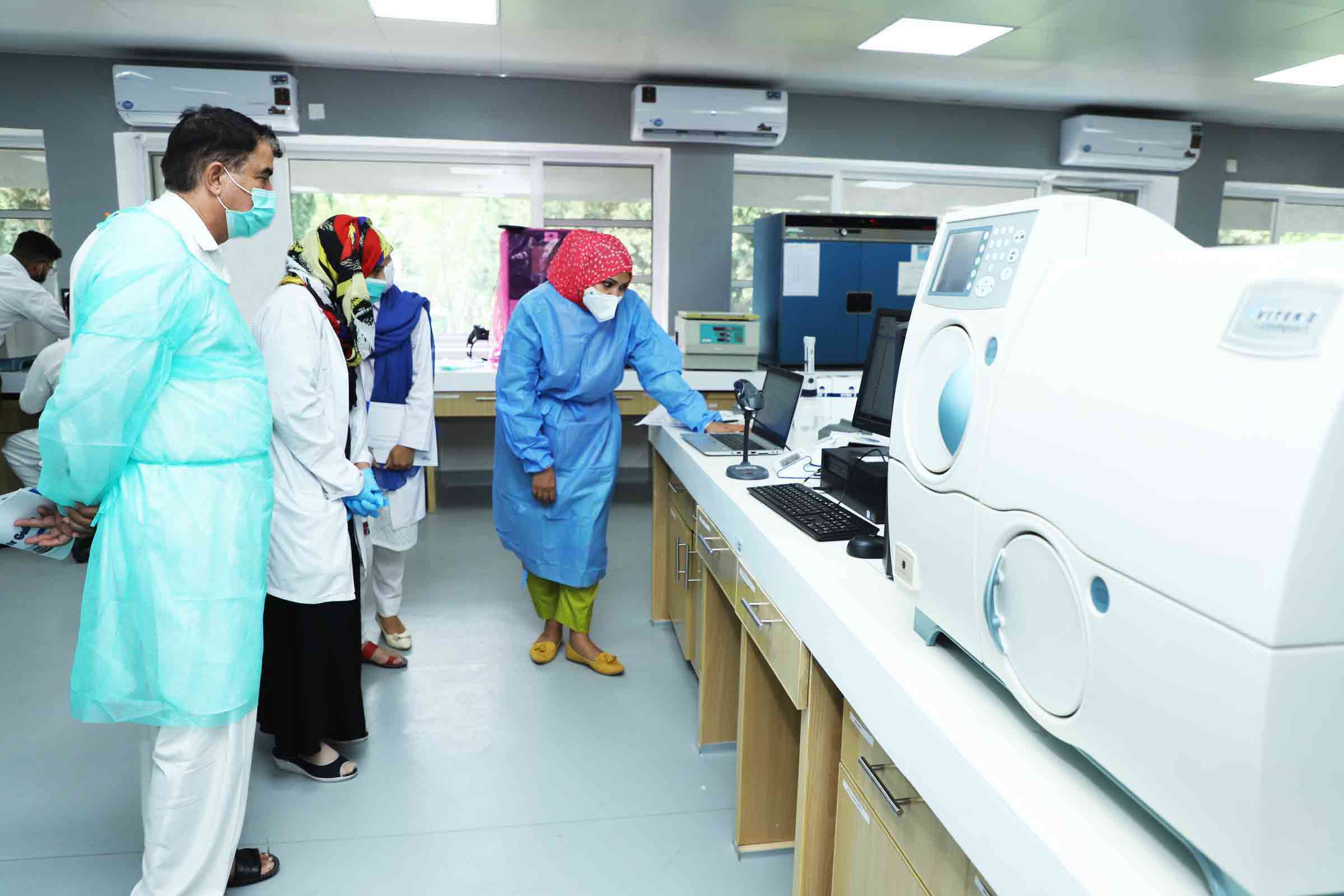The department of Virology is one of the oldest departments of NIH and was established in late 1970s to provide research on human viral diseases. Currently, department is engaged in research, Patient-care related diagnostic services and reference activities related to Polioviruses, entero-viruses, influenza viruses, measles virus, rubella virus, Hepatitis A, B, C viruses, hemorrhagic fever viruses, arbo-viruses, neuro-viruses, etc.
The division has established eight lab-based Influenza Surveillance sentinel sites i.e. Islamabad, Lahore, Karachi, Peshawar, Multan, Quetta, Gilgit and Muzaffarbad (AJ&K) for influenza surveillance and diagnostic services. Influenza strains are also been provided to for annual flu vaccine composition for the region. The trends are regularly been provided to fluent website maintained by WHO.







